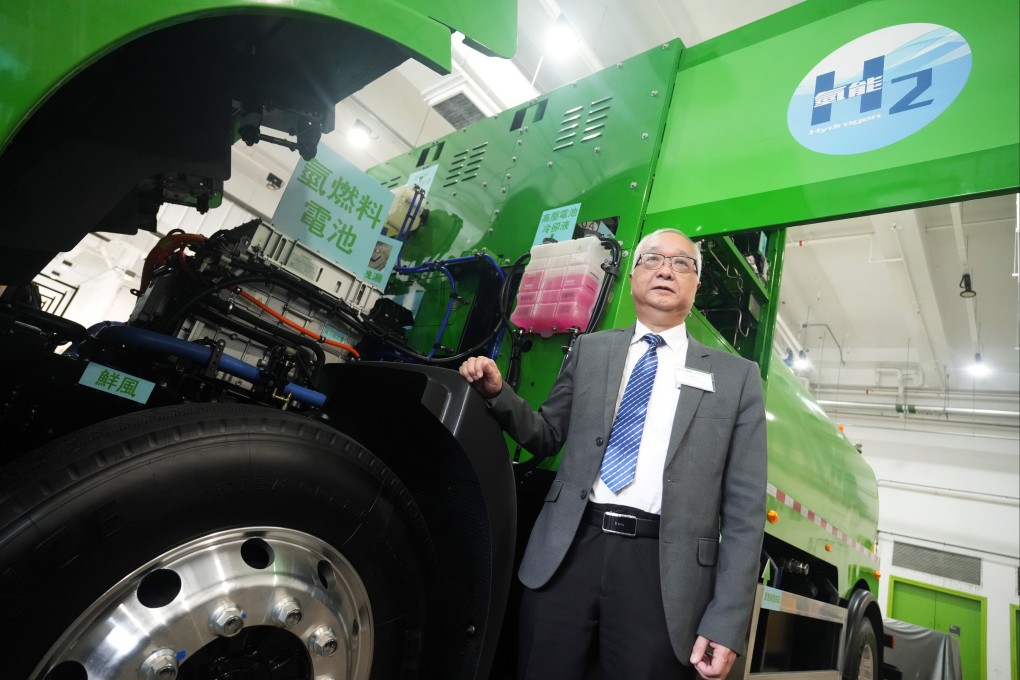Editorial | Accelerating electric dreams in Hong Kong depends on smooth transition
The Hong Kong government is offering subsidies and enhanced infrastructure for recharging stations in push for bus and taxi operators to switch to EVs

Private car owners are leading the charge to electric vehicles, as the environmental incentive is reinforced by a wider choice of replacements for petrol-driven models and the lower running costs.
Hong Kong’s public bus and taxi fleets, far from being flag-bearers for the benefits of cleaner energy, have been lagging. Only 1.4 per cent of the city’s 6,000 franchised buses and 0.5 per cent of the 18,000 taxis are electrically powered. It is good that the government is now acting to put the public transport sector on a clearer path towards the goal of a zero-emissions economy by 2050.
Secretary for Environment and Ecology Tse Chin-wan has announced a road map to replace existing buses and taxis with EVs, including a subsidy and more charging stations. The government will outlay more than HK$600 million to help franchised bus companies and taxi owners buy electric vehicles.
The road map, promised in the first half of the year, is overdue. But there is a positive side to that. Not long ago there were fewer choices of EVs on the market.
Tse says officials have been talking to suppliers about introducing more models, including some tailor-made for the city, to incentivise taxi owners to make the change. “Over the past year, we also saw the prices of EVs declining rapidly,” Tse said.
Under the subsidy scheme, the government will put up HK$470 million for franchised bus companies to buy 600 e-buses – twice as expensive as diesel versions – and HK$130 million to help owners buy 3,000 e-taxis to replace the oldest ones.

